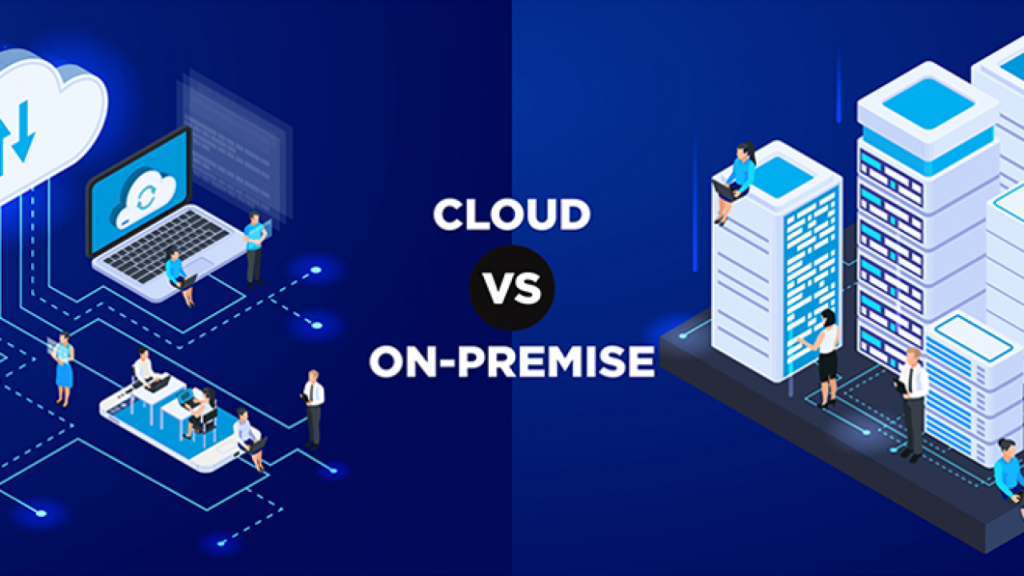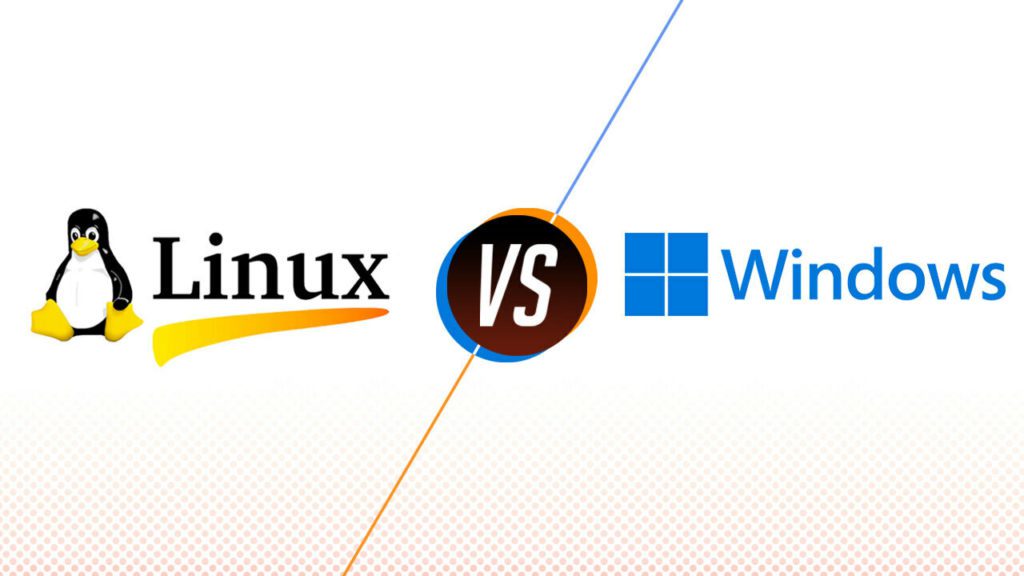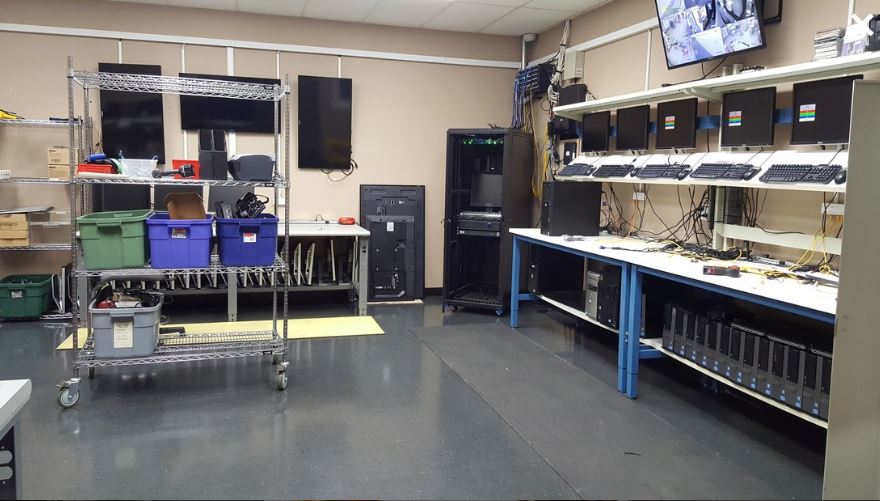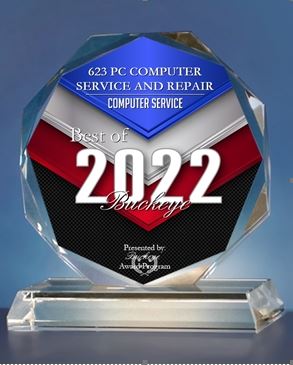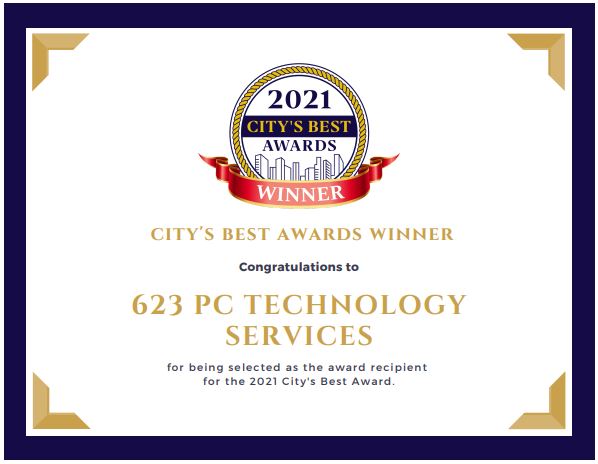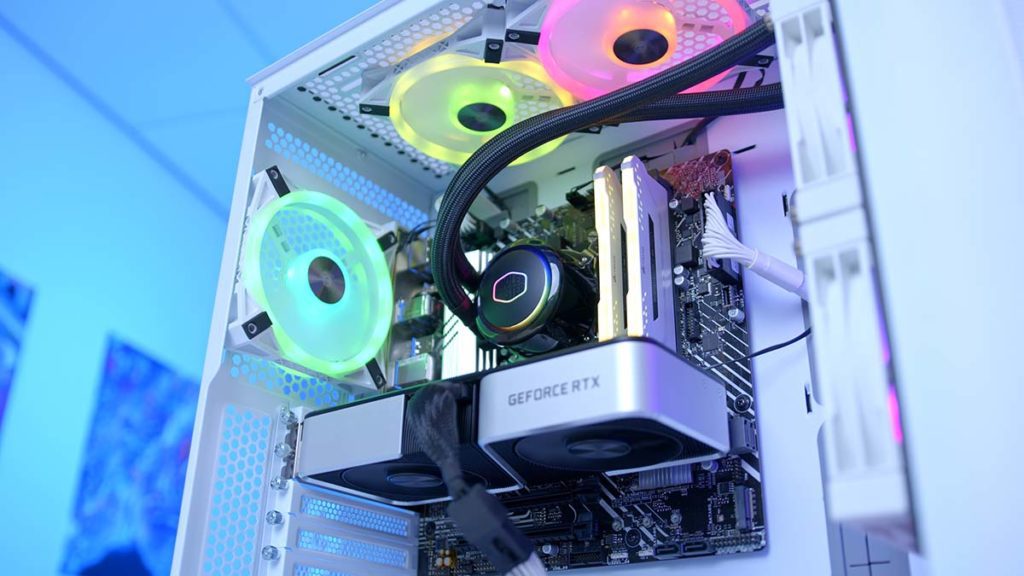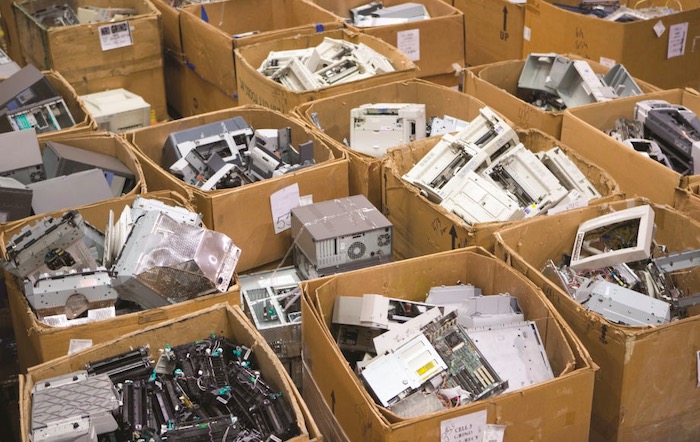
A Timeless Technological Companion
Like it or not, Personal Computers Are Going To Remain A Timeless Technological Companion.
In an era dominated by smartphones, tablets, and cloud computing, it’s natural to wonder about the future of personal computers. However, despite the rapid advancements in technology, personal computers have stood the test of time and will continue to thrive. These powerful machines have become an integral part of our lives, evolving to meet our ever changing needs and empowering us in countless ways.
Unparalleled Performance:
While mobile devices have made remarkable strides in recent years, they still cannot match the raw processing power and multitasking capabilities of personal computers. Whether you’re a professional requiring resource-intensive applications, a gamer seeking maximum high-performance graphics, or a content creator editing videos and images, PCs provide the necessary horsepower to tackle complex tasks efficiently. The ability to upgrade components and customize configurations ensures that personal computers will remain the go-to option for those demanding top-tier performance for many years to come.
Versatility and Flexibility:
One of the key advantages of personal computers is their versatility. Unlike mobile devices, PCs are not limited by physical form factors, allowing for a wide range of usage scenarios. From desktop towers to all-in-one systems, laptops to convertible tablets, personal computers adapt to our preferences and work environments. Their extensive peripheral support, such as external monitors, keyboards, and printers, further enhances productivity and enables seamless integration into diverse professional setups. Personal computers offer unparalleled flexibility, catering to the unique requirements of various industries and user preferences.
Enhanced Productivity:
When it comes to productivity, personal computers are the epitome of efficiency. Their larger screens, comfortable keyboards, and precise mouse control provide a superior user experience for tasks like writing, programming, and data analysis. Multitasking capabilities allow users to have multiple windows and applications open simultaneously, facilitating seamless collaboration and information management. The availability of specialized software and a vast array of productivity tools further enhances the overall efficiency and creativity of PC users. These advantages make personal computers an indispensable tool for professionals across industries, ensuring their long-term relevance.
Gaming Powerhouse:
The gaming industry has witnessed exponential growth, and personal computers have played a crucial role in fueling this phenomenon. PC gaming offers unparalleled graphics, customizable controls, and vast gaming libraries. The ability to upgrade components and push boundaries with overclocking ensures that gamers can enjoy cutting-edge experiences for years to come. Esports, streaming, and content creation have become integral parts of modern gaming culture, and personal computers are the preferred platform for enthusiasts and professionals in these fields. With advancements like virtual reality (VR) and augmented reality (AR), PCs are poised to deliver immersive gaming experiences that push the boundaries of imagination.
Privacy and Security:
In an era where privacy and data security are growing concerns, personal computers offer distinct advantages. PCs provide users with greater control over their data, allowing for enhanced encryption, secure backups, and personalized security configurations. This control extends to the software ecosystem, enabling users to install robust antivirus programs and firewall systems. Additionally, personal computers are less prone to physical theft or misplacement, reducing the risk of unauthorized access to sensitive information. As individuals and organizations become more privacy-conscious, personal computers will remain a preferred platform for secure computing.
Final Thoughts:
With the above being said and despite the ever-evolving tech landscape, personal computers have firmly cemented their position as a foundational tool for productivity, entertainment, and innovation. The combination of their unmatched performance, versatility, and user experience ensures their longevity in an increasingly digital world. As technology continues to advance, personal computers will adapt, integrating emerging technologies while preserving their core strengths. So, rest assured, the personal computer will remain an indispensable companion for years to come, empowering users and driving progress
